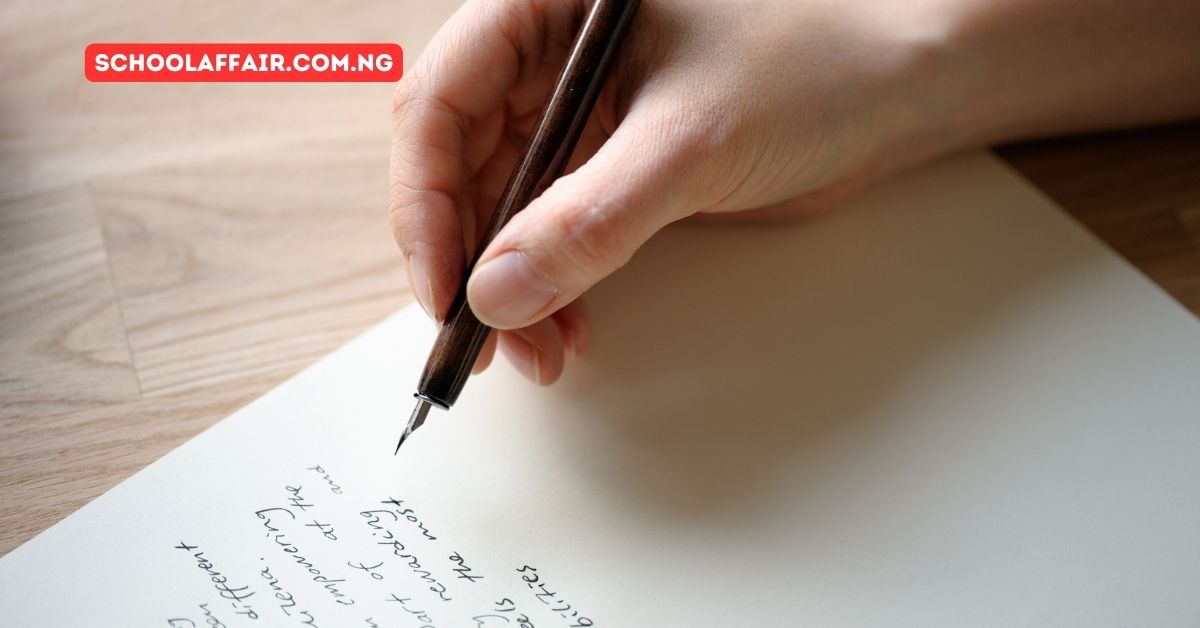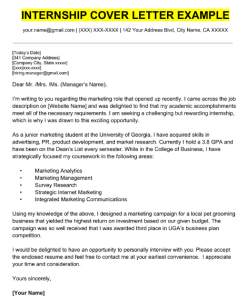To write an internship letter, start with a formal salutation and clearly state the purpose of the letter. Highlight your relevant skills, experiences, and achievements, using specific examples to demonstrate alignment with the internship requirements. Express gratitude for the opportunity to apply and reiterate your enthusiasm. Close the letter with a professional sign-off and your contact information.
Internships are crucial for career development because they provide practical experience, exposure to industry environments, and the opportunity to apply academic knowledge in real-world scenarios. Crafting a compelling letter is essential for securing these valuable opportunities.
Benefits of Writing a Letter for an Internship:
- Showcasing Interest: A well-crafted letter demonstrates genuine interest and enthusiasm for the internship position.
- Personal branding serves as a platform to showcase your skills, experiences, and unique qualities.
- Setting a Professional Tone: The letter is often the first impression a potential employer has of you, allowing you to convey professionalism and communication skills.
Factors to Consider Before Writing the Letter:
- Internship Requirements: Understand the specific qualifications, skills, and experiences sought by the internship.
- Company Culture: Research the company’s values, mission, and workplace culture to align your letter with their expectations.
- Internship Duration: Be aware of the internship’s duration, as this may impact your availability and commitment.
Understanding the Purpose of the Letter:
The primary purpose of the letter is to introduce yourself, express your interest in the internship, and persuade the employer that you are the ideal candidate. It should complement your resume by providing a narrative that highlights your skills and experiences.
Researching the company and position:
Thoroughly research the company and understand the specific requirements of the internship. Tailoring your letter to the company’s needs demonstrates your genuine interest and increases the chances of a positive response.
Addressing the recipient:
Whenever possible, address the letter to a specific person, such as the hiring manager or internship coordinator. This personal touch shows initiative and attention to detail.
Formatting and Structuring the Letter:
Follow a professional business letter format, including a clear introduction, body, and conclusion. Use clear headings and concise paragraphs for easy readability.
Importance of a Professional Tone:
Maintain a professional and formal tone throughout the letter. This reflects your understanding of business communication and your ability to adapt to a professional environment.
Highlighting relevant skills and experiences:
Emphasize skills and experiences directly related to the internship. Use examples to illustrate your qualifications and demonstrate your suitability for the role.
Including Compelling Examples and Achievements:
Back up your claims with specific examples and achievements. Quantifiable results and success stories provide evidence of your capabilities.
Avoiding Common Mistakes in Writing the Letter:
Be cautious of common mistakes such as generic content, excessive length, or inappropriate language. Tailor your letter to each application and adhere to professional standards.
Proofreading and editing:
Thoroughly proofread your letter to eliminate grammatical errors and ensure clarity. Editing is essential for a polished and professional final product.
Tips for Making the Letter Stand Out:
- Creativity: Use a creative and engaging introduction to capture the reader’s attention.
- Conciseness: Keep the letter concise and focused on key points.
- Unique Selling Points: Highlight your unique qualities that make you stand out from other candidates.
Sample Letter for an Internship:
Following Up After Sending the Letter:
If the application instructions allow, follow up after sending the letter to express continued interest. This shows initiative and reinforces your enthusiasm for the position.
Receiving a Response and Handling Rejection:
Respond promptly and professionally to any response. If faced with rejection, use it as an opportunity to seek feedback and improve for future applications.
Importance of Thank-You Letters:
Sending a thank-you letter after an interview or response reinforces your professionalism and gratitude. It leaves a positive impression and may be remembered for future opportunities.
Networking Opportunities Through a Letter for Internship:
The letter can serve as a networking tool, connecting you with professionals in your desired industry. Expressing a genuine interest in the company’s work can lead to valuable connections.
WHAT YOU SHOULD KNOW
Conclusion and Final Tips for Success:
A well-written internship letter is a crucial tool for securing valuable opportunities. Tailor it to the position and company, highlight relevant skills, and maintain a professional tone. Follow-up and networking can further enhance success.




